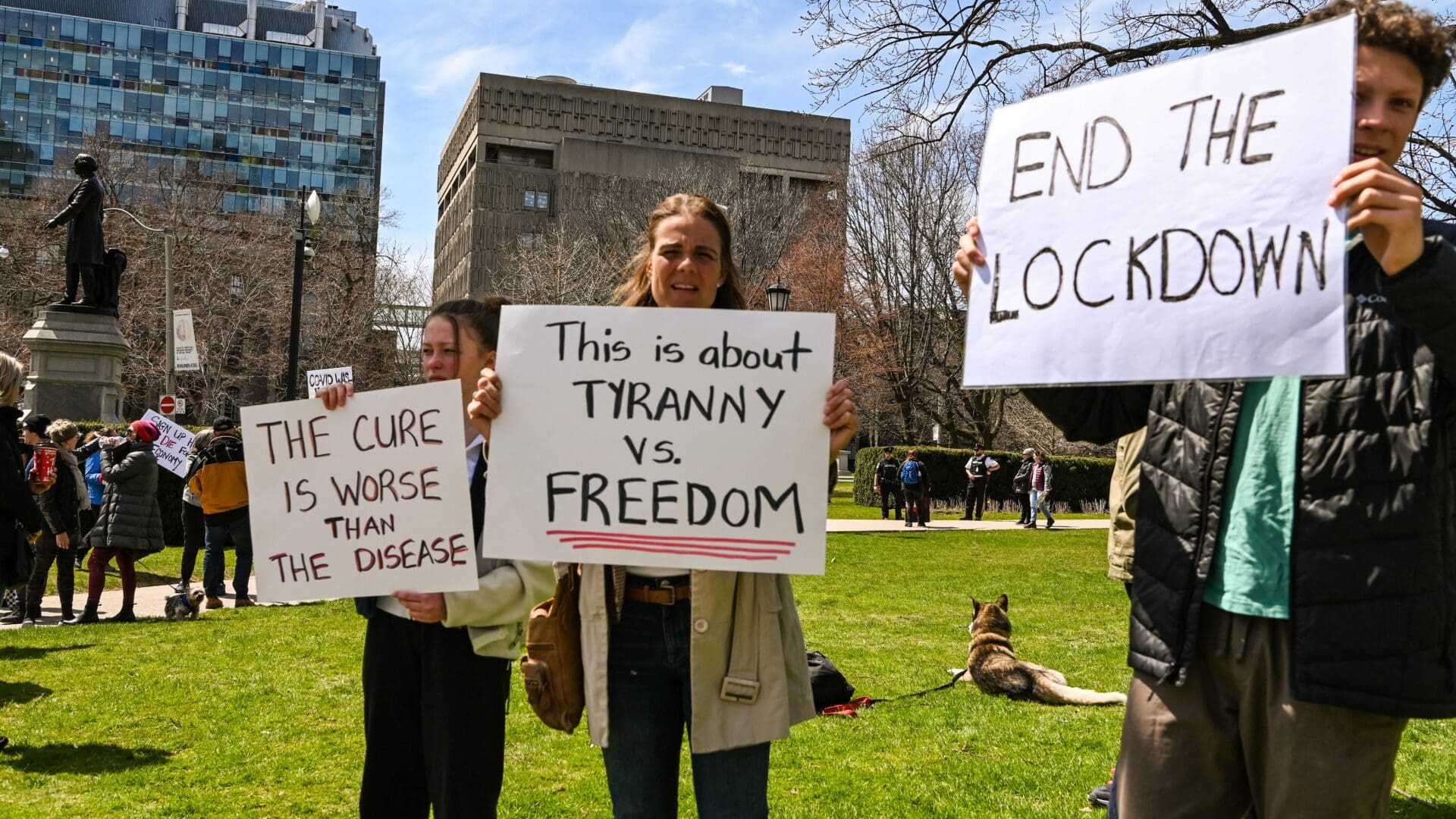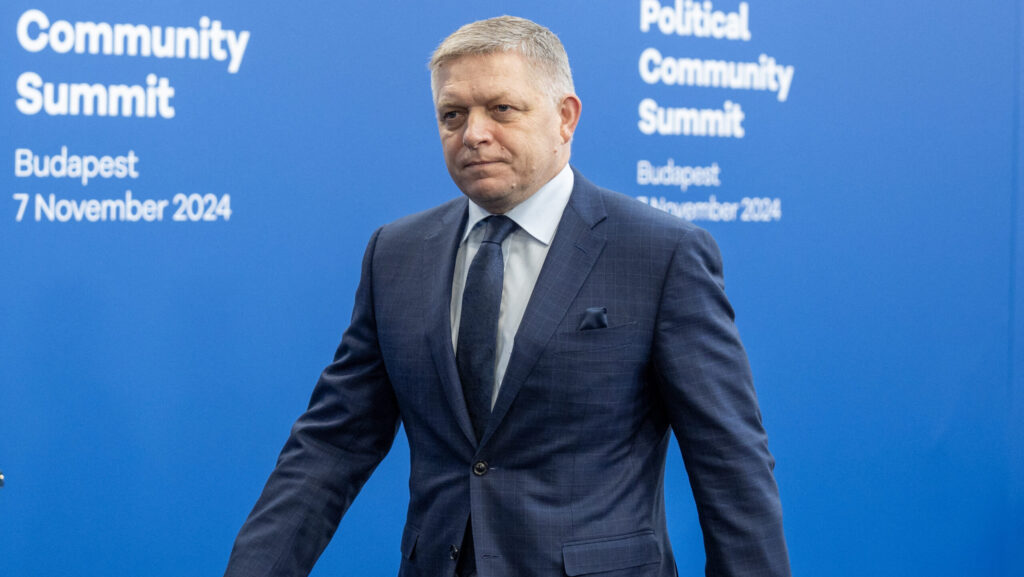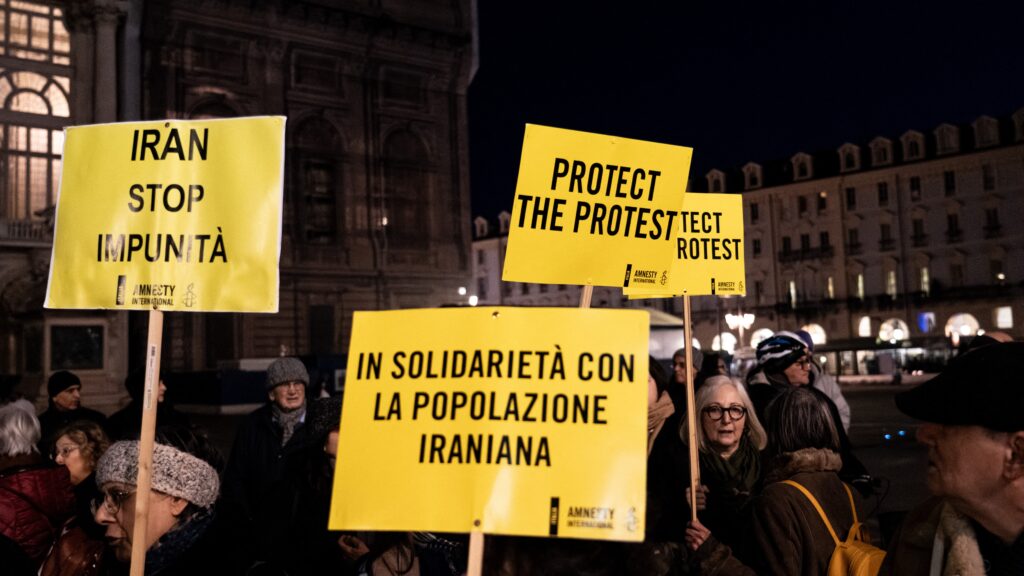In the last decade, we have been living through a sudden erosion in the authority of liberal institutions. Indeed, the decreasing political power of institutions based on liberal values like the United Nations are called into doubt regarding their effectiveness.
What, however, lies at the heart of this process? This article aims to discover the main political drivers behind these changes, through the philosophy of Carl Schmitt.
Schmitt, as a Nazi jurist and political thinker, highlighted
the dangerous consequences of the flaws in such values as universalism or pacifism.
Undoubtedly, Schmitt’s concept of the friend–enemy distinction in politics can serve as a compass for understanding contemporary political issues. This dichotomy can be found in various contexts, from international affairs to domestic politics. Quarrels and power dynamics between nations and ideologies, such as between Democrats and Republicans, often follow Schmitt’s assertion that political identity and groups are shaped by the differentiation between friends and enemies.
‘Any distinction that can serve as a marker of collective identity and difference will acquire political quality if it has the power, in a concrete situation, to sort people into two opposing groups that are willing, if necessary, to fight against each other.’ [1]
Thereby, this idea goes against the principles of mainstream liberalism and the pacifist perspective of its politics, which was not only criticized by Carl Schmitt, but—in a less radical form—by Max Weber as well.[2] Both thinkers have lived and witnessed the dilemmas caused by the process of rationalization, the neutralization of politics, the technocracy it entailed, and the emergence of a secular polytheism of values.
However, Schmitt radicalized Weber’s thoughts by insisting on the argument that liberals do not comprehend what distinguishes political values from morals. Therefore, from a moral perspective, the enemy can develop into the evildoer, which generates even more dangerous extremes; ‘no one can evaluate without devaluing, reevaluating, and exploiting. Whoever sets values has thus already positioned himself against non-values [Unwerte].’
Through global crises, such as the COVID–19 pandemic, we can perceive the strength of this dichotomy. In 2020, the virus became a shared enemy, transcending standard geopolitical relations. After the severe outbreak, leading politicians such as Emmanuel Macron claimed ‘we are at war’; Xi Jinping spoke of ‘a people’s war’ and Donald Trump of a ‘medical war’. [3] Schmitt warns of the gravity and brutality of a war fought against such an enemy. The state of emergency and fast, sometimes overprotective reactions to the pandemic were manifestations of the sovereign authority having to define the boundaries of the political community by identifying the friend–enemy distinction.[4]
In the context of this crisis, this aspect of Schmitt’s thought becomes particularly relevant in understanding how governments define the parameters of inclusion and exclusion in their responses to the pandemic. Schmitt’s theories provide a realistic framework for analysing such complex political issues, and understanding such a critical perspective might encourage visible improvements in liberal legal and political systems. As part of his critique of liberalism, Schmitt argues that the liberal rejection of the notion of political enmity results in the dehumanization of the enemy. When the enemy is no longer recognized as such, it is placed outside of humanity.
Yet, one of the most interesting aspects of Schmitt’s philosophy are his ideas of morals and authority. Schmitt points out relevant problems of liberal political thought through defining distinctions between politics and the political. His critique of the concept of the political refers to morals/and morality, while his statements bear severe contradictions. However, his conception of the political cannot be described through morality, or as an ontology (a study of being), because it is dependent on the notion of anthropology, or the nature of man associated with it.
If the political depends on anthropology, its interpretation becomes impossible without morality.[5]
While acknowledging the issues of his Nazi past surrounding Schmitt, it is vital to understand the long-term value of his contributions to political thought. While his philosophy might be at times flawed, his critique still holds relevance to important current issues. Engaging with his work allows us to explore and refine current political notions, resulting in a greater understanding of the difficulties we face.
Carl Schmitt’s writings, including The Concept of the Political and Legality and Legitimacy, can serve as a thought-provoking guide for navigating the nuances of today’s political landscape, challenging us to research, analyse, and reconsider our assumptions about political order and governance.[6] [7]
[1] Carl Schmitt, The Concept of the Political, Chicago, Ill. Univ. of Chicago Press, 2008.
[2] Lars Vinx, Carl Schmitt, Fall 2019 ed. [online] Stanford Encyclopedia of Philosophy, at: https://plato.stanford.edu/entries/schmitt/#SovDic, accessed 25 March 2024.
[3] Ben Van de Wall, ‘The Invisible Enemy as Absolute Enemy: What Can Carl Schmitt Teach Us about War against a Virus?‘, The Philosophical journal of conflict and violence, 6(2)., doi:https://doi.org/10.22618/tp.pjcv.20226.2.144.007, accessed 26 March 2024.
[4] Lars Vinx, Carl Schmitt, 2019.
[5] Alvydas Jokubaitis, ‘The Challenge of the Moral to Carl Schmitt’s Concept of the Political’, Problemos, 98/2020, 125–136. doi:https://doi.org/10.15388/problemos.98.10.
[6] Carl Schmitt, The Concept of the Political, 2008.
[7] Carl Schmitt, Legality and Legitimacy, Duke University Press, 2004.
Related articles:






